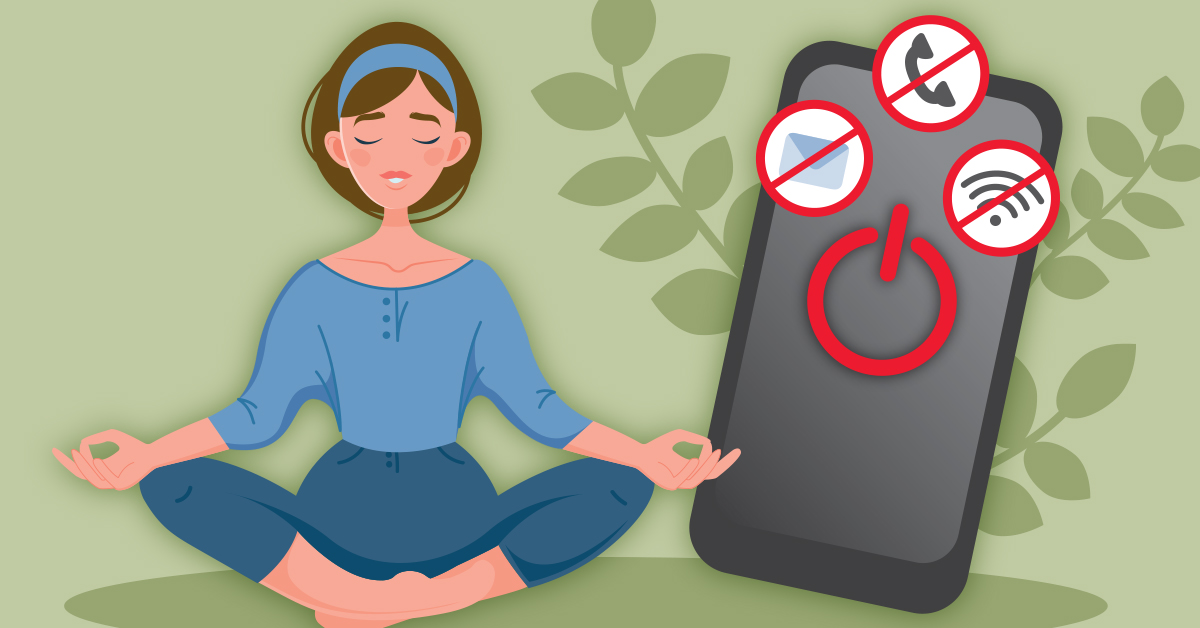Volunteering isn’t just beneficial for communities—it can also be a powerful tool for enhancing mental health. Studies from institutions like Harvard Health and the Mayo Clinic show that people who regularly volunteer report lower levels of stress and depression. The sense of purpose and connection gained through helping others contributes to increased self-worth, reduced loneliness, and a stronger sense of community belonging.
Engaging in meaningful activities outside of one’s daily responsibilities activates reward centers in the brain, releasing dopamine and other feel-good chemicals. This “helper’s high” has been linked to improved mood, higher energy levels, and long-term emotional resilience. Even small acts of service—like mentoring youth, assisting at food banks, or offering virtual support—can foster a sense of achievement and social contribution. Such experiences build emotional endurance and provide a healthy outlet for stress.
Volunteering also offers structure and routine, which can be especially beneficial for those coping with anxiety or depression. It encourages regular social interaction and provides opportunities to develop new skills or rekindle old passions. By making time to support others, individuals often find renewed perspective and inner strength, proving that one of the best ways to heal yourself is by helping someone else.





